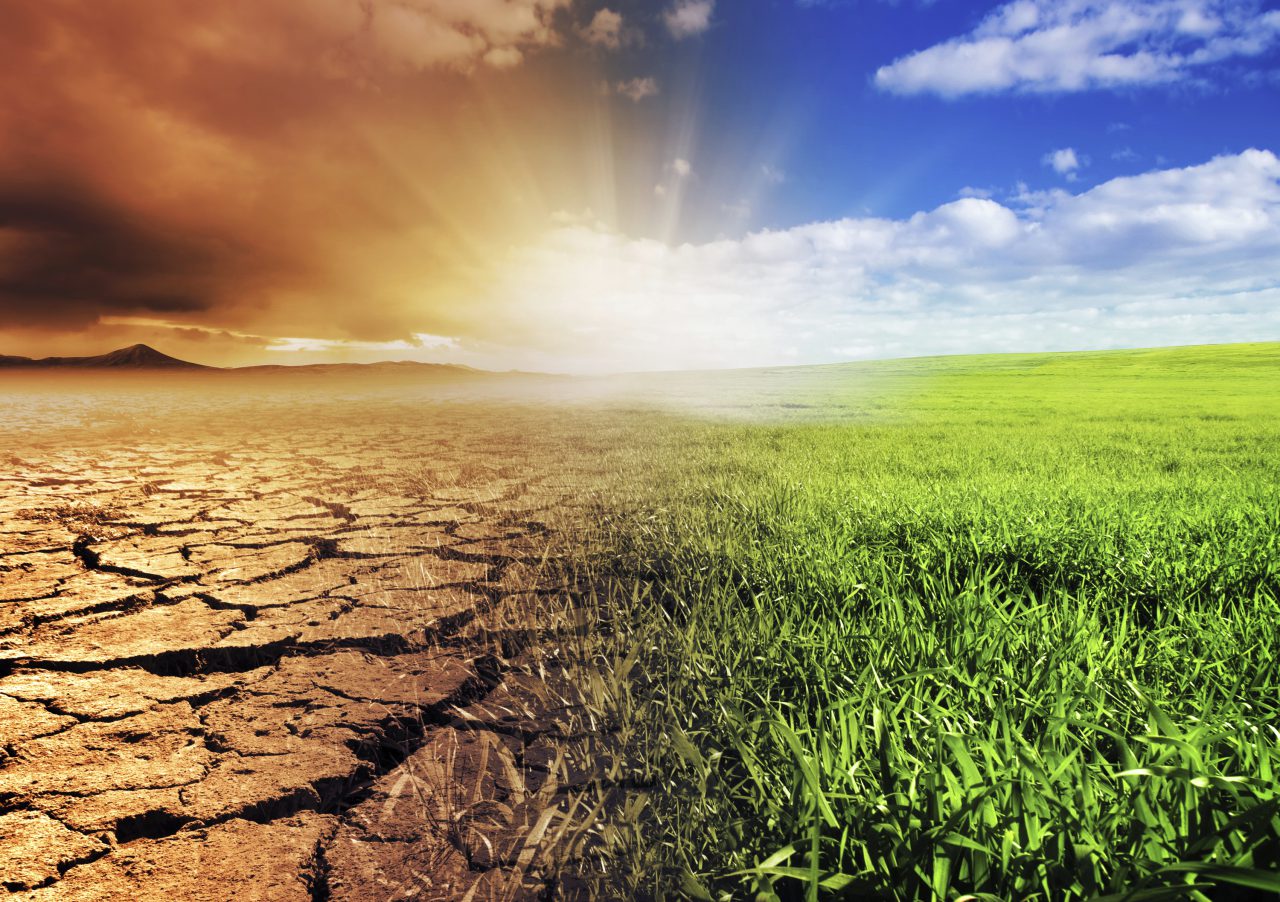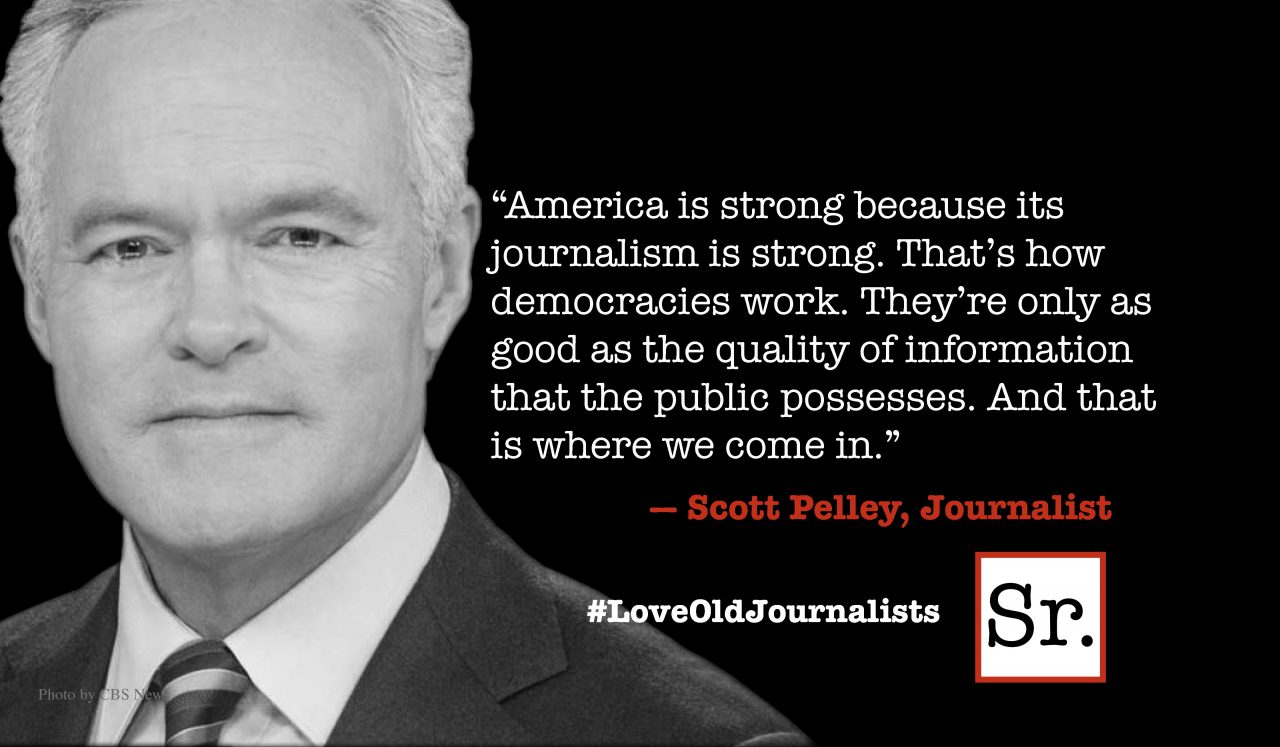A few months ago scientists from 110 nations released their long awaited report. This international group (the Intergovernmental Panel on Climate Change) worked for seven years, examined the data, and concluded that unless the world changes course immediately and dramatically, the fundamental systems that support human civilization are at risk! The report concludes that there is widespread evidence of the substantial threat impacting all continents and all oceans. National stability, food crops, water resources, species loss and human health are all in jeopardy. The report asserts that there are a number of dramatic dangers that do not seem to be the result of an increase in world temperatures but will flow from climate change. Here are a few direct quotes from the report.
- Throughout the 21st century, climate change is expected to lead to increases in ill health in many regions, particularly in the developing countries with low income.
- Climate change can indirectly increase risks of violent conflicts in the form of civil war and inter-group violence by amplifying well-documented drivers of these conflicts, such as poverty and economic shocks.
- Throughout the 21st century climate-change impacts are projected to slow down economic growth, make poverty reduction more difficult, further erode food security and prolong existing and create new poverty traps, the latter particularly in urban areas and emerging hotspots of hunger.
The forces that oppose even a discussion of climate change tend to be those who have a vested economic interesting in denying the scientific evidence. Do not underestimate the political clout of the fossil fuel industry. This fall in Kentucky there was a raging argument in which one party — you can guess which one — accused the other party, and an independent candidate, of attempting to destroy the coal industry, which is a backbone of Kentucky’s economy. The dirtiest result of combustion comes from coal. So despite the dire effects of the millions of tons of CO2 which coal puts in the atmosphere, as usual in this country economic interests won. A carbon tax, which would fall heavily on coal, was resisted, and anyone suggesting that there should even be conversation about the possibilities is branded as a political pariah.
When the Rockefeller Foundation decided to divest from its significant portfolio the corporations which produce fossil fuels, it was enough to get the attention of hundreds of other bodies working on the same issue. An institution on whose board and finance committee I currently sit, has been toying with divestment for a couple of years. The division of opinion centers around the possibility of economic loss. That concern has stalled any final resolution of the matter. But change is in the air. Although we did not pass a divestment resolution, we did redraft the policy statement in which we affirmed “peace, justice and environmental sustainability” as our benchmarks, and determined to have no investment in companies which violate those criteria. That policy change will gradually eliminate from our holdings all fossil fuel companies. Our investigations indicate that there are a number of funds which have developed portfolios which meet our guidelines, without causing any economic loss.
While the reduction of the world’s reliance on coal, oil and gas is key to saving our planet, the more difficult problem is changing our life-styles. This includes superior mass transportation in place of single occupancy cars, more bicycles and streets designed for them, locally grown seasonal food, massive increase in wind and solar facilities such as rooftop water heaters, and significant research into other energy producing alternatives.
While it is true that the United States cannot solve the problem by itself, since China and other nations do far too little, that cannot be an excuse for inaction. If we are interested in being the world leader, it will not be by the strength of our military establishment, but by our commitment to save the planet from what appears to be the coming environmental catastrophe. Taking seriously the report of the International Panel on Climate Change would be a place to start.









